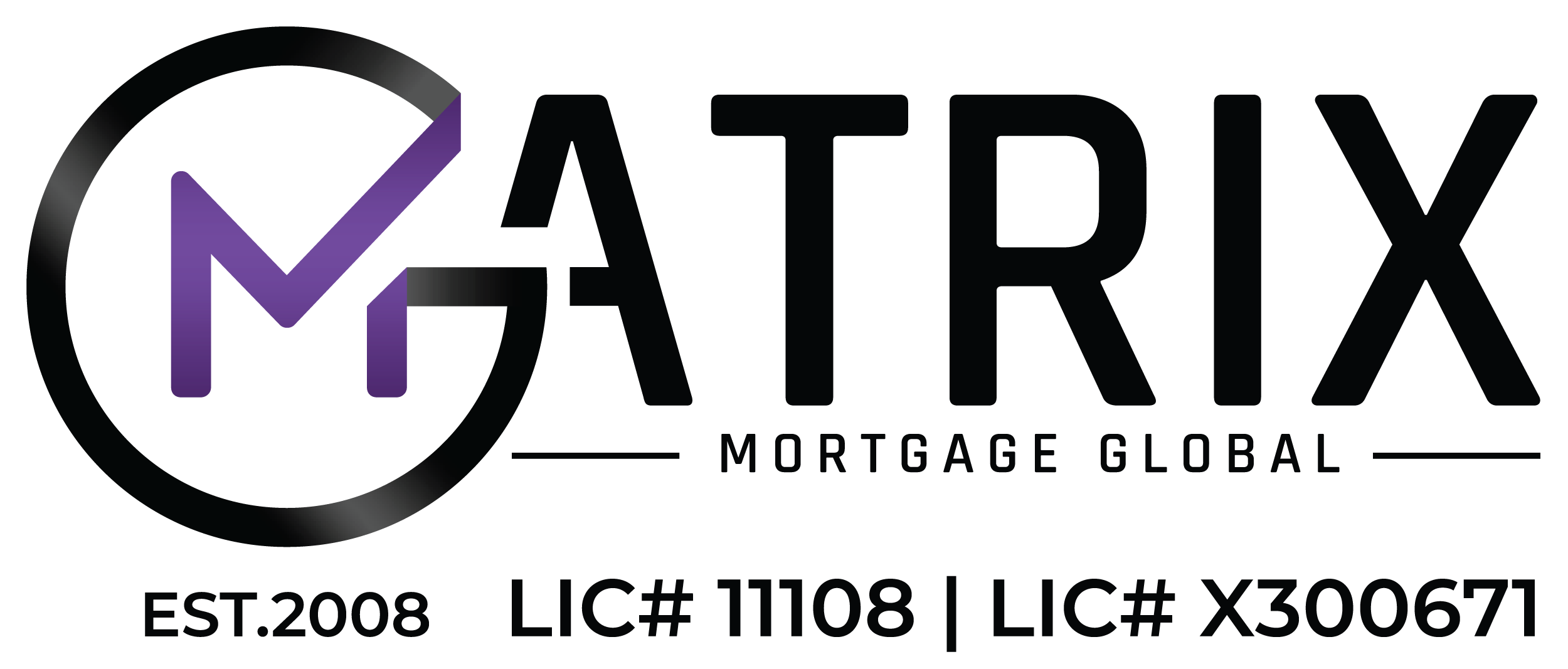
How to get the best and lowest mortgage rates?
Purchasing a home is one of the significant financial decisions one will make in their life, and it is most likely that you will require a mortgage to pay for the purchase. Are you looking for the best mortgage rates to purchase your dream house? The best place to start is by using a mortgage calculator. It gives you an estimation of your monthly house payments, including a better idea of how much money you can afford to make a purchase. With the help of a reputable mortgage broker, we can help you find the right mortgage at low-interest rates that suit your needs.
Get the best interest rates by using a mortgage calculator
To use the mortgage calculator to determine an estimation of the property you are interested in purchasing, you must enter a few details about the loan, which are mentioned below:
• The buying price of the house.
• The time you have to repay the entire loan amount.
• The cost to borrow the money.
• As a property owner, how much money you will be required to pay as taxes levied by the county, municipality, or city.
• Annual cost on homeowners insurance to protect your home and personal belongings from natural calamities, including theft, fire etc.
• The monthly costs being made out to the homeowners association (HOA) to maintain and improve the property.
• The amount of money you are going to make as a down-payment for purchase.
Tips for finding the best and lowest mortgage rates
The terms and interest rates can play a significant difference in what you pay for the mortgage. To avoid paying more than you need for your mortgage, below-mentioned is a few tips to keep in mind to ensure you get the best mortgage rates:
1. Try to improve your credit score
If you are looking to buy your dream home, it is imperative that you get your finances in good shape. Until you can get your finances in order, it is best advised you postpone your house search. To sum it up, the better your credit score, the higher your chances are for your mortgage application to be considered and approved. One way to enhance your score is by trying to pay off your debts, such as credit card balance, student loans, etc., as much as possible.
2. Save enough money for a down-payment
The more money you can place for a down-payment, you will end up paying a lesser interest over time, and your payment will be less as well. A higher down-payment ensures a lower interest rate. For example, if your down-payment is 30% of the home’s entire value, the interest could drop by more than 0.5%.
3. Collect necessary information on your employment history and income
Traditional and private lenders ideally want to see two consecutive years of steady income and employment to ensure that you can make the monthly mortgage and, most importantly, repay off the loan in the long run. Lenders will ask for W2 forms and tax returns of the last two years to verify your income if you are a salaried employee. Lenders will also do their due diligence and check with employees to make sure you have worked there. If by any chance you have had gaps in your employment or the earnings have decreased in the last two years, it will raise a lot of questions and cast doubt on the lenders on your ability to afford the mortgage, which will, in turn, affect your mortgage pre-approval.
If you are a self-employed borrower, you will have to go through a similar process to get approved for a mortgage. The only difference is, as a self-employed individual, you are expected to pay higher interest rates. The lending rules are stricter as well; you will be required to submit the tax returns of the last two years and a sealed and signed statement from your accountant, including the profit and loss sheet and other necessary documentation as proof of sufficient income in the business.
4. Be aware of your debt-to-income ratio
Lenders are more interested in how much debt you have in your gross monthly income. In order to calculate your debt-to-income ratio, they will take a look at your income and employment history to help determine your mortgage rate. If you can provide sufficient proof of your income, there is a chance that you may get competitive interest rates and other benefits like no-documentation loans etc. Lenders presume that the higher your DTI ratio, the higher the chance you default on your mortgage payment. The DTI ratio should not be more than 28% for the lenders to not get skeptical.
5. Think about the closing costs and interest rates
Even though the interest rate is essential, there are more things to compare to get the best mortgage rates. If you decide to refinance your mortgage due to specific financial needs, you have to determine if it is the right decision, or if there is a pre-payment penalty etc. It would be best if you also considered the closing costs. Lenders will provide you with a loan estimate sheet with all the numbers present for you to check before making a well-informed decision.
6. Consider private mortgage insurance as an alternative
If you are looking to make a down-payment of less than 20% of the home’s total value, then traditional lenders will consider you as high risk; the best alternative in this scenario is to approach a private lender for a loan. They do not look at your credit history because you place your asset (home) as collateral.
Bottomline
Before applying for a mortgage, you must do your necessary due diligence to get the best and lowest mortgage rates. A good credit score, including making a substantial down-payment, is excellent ways to lower your mortgage rates.

